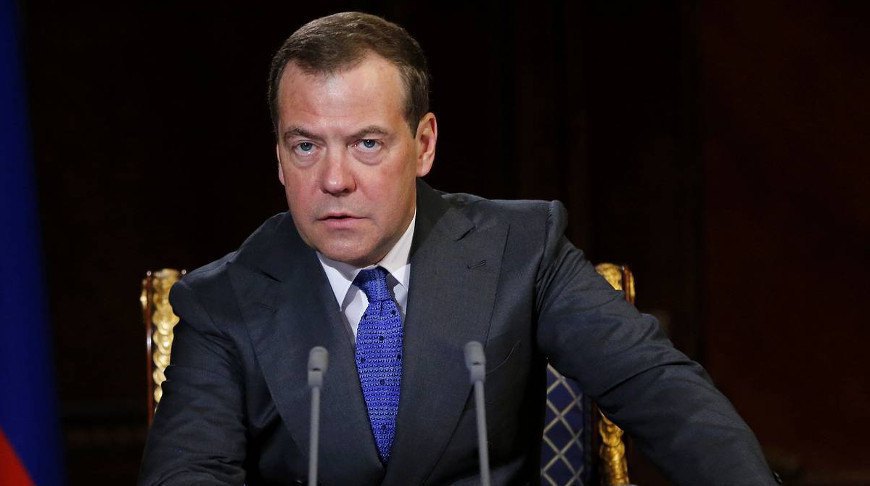The Arched station was attacked, and the traction substation and contact network were also hit. The entire south of the Russian Federation is on fire, from Adler to the railway stations in the north.
This is already the 11th attack — the targets were mainly traction substations: Kotelnikovo, Novocherkassk, Pishchanokopskoye, Timashevsk, etc.
All this infrastructure — transformers, converters, batteries — is vulnerable and expensive (for example, ₽750 million were invested in the modernisation of the Kotelnikovo-Krymskaya section back in 2013). It takes a long time to repair it, often up to six months, until a new transformer is ready.
Under fire is the southern corridor of Russian Railways: the connection with the main ports of the Black Sea region (Taman, port of Kavkaz, Novorossiysk, Tuapse, Rostov), bypassing the Krasnodar junction. The bottleneck is either through Timashevsk or through Tikhoretsk — both stations have been attacked.
Last year, the Russian's railway transported 275 million tonnes of cargo here — more than in any other region.
Grain and oil — the shortest route through Suez and beyond. Naturally, not only grain, but also fuel and lubricants, spare parts for harvesting, fertilisers, seed material, precursors for explosives, imports from the Transcaucasus countries.
Plus, there are supplies to the front and the occupied territories: military and civilian logistics in the Luhansk and Donetsk Regions are heavily dependent on the railway.
Plus Georgia: circumvention of sanctions through its ports, electronics, ‘Kazakh forest’ — all of that.
Plus, there's stuff from Iran: shells, components for barrage ammunition. And there's also a branch to Primorsko-Akhtarsk, where every night they bring ‘shaheds’ to hit Ukraine.
Why are they doing this now? Well, first of all, in sync with the attack on at least four oil refineries — peak demand for fuel due to the harvest and the summer offensive are keeping prices high.
Now that Trump has started using tariffs to force India not to buy Russian energy resources, there will be a surplus of crude oil, which will be transported by rail to refineries and then to ports.
Therefore, the Russians do not need electrification. They threatened the United States through Medvedyev and declared that all SMO ('Special military operation') tasks would be completed.

Secondly, Russia has begun to move everywhere: attempts to attack Hoptivka in the Kharkiv Region; storming several western districts of Chasiv Yar; small groups are infiltrating Pokrovsk; they pushed our posts near Siversk almost to the city itself; there were two attempts to enter Mala Tokmachka in the Zaporizhzhya direction.
The summer campaign is in full swing and is consuming consuming Russia's accumulated resources.
All supplies depend on the railway, so we need to deprive it of electrification, disrupt the schedule, switch everything to diesel locomotives, and increase spending on repairs by hundreds of millions, rather than on maintaining working conditions.
Raw materials for factories, ammunition and fuel for the front will be delayed, and sorting stations will be overflowing with crude oil and grain.
Somehow, the stars are aligning. Grain transshipment has already fallen by 50%, and the total for January-April by 5.5%. Most likely, this figure will grow.
The largest car manufacturers have switched to a four-day working week; Russia is expecting a ‘compact harvest’ this year; the Russian postal service has increased its losses to ₽10 billion — there is no area where the Kremlin is not experiencing a recession.
These problems problems in Russia need to be exacerbated, and since Moscow is heavily dependent on Russian Railways, the goal is obvious.
Plus, we are stretching the air defence system — anti-aircraft missile systems and radars.
First, it was the oil terminal in Adler, then the largest manufacturer of automated control systems for The Russian Aerospace Forces, then the Primorsko-Akhtarsky airfield, then the network of traction substations.
Several billion in repairs, several billion in mobile groups and air defence, some lost due to downtime, penalties and contract cancellations.
This is how the hen pecks at the grain, as a great judoka likes to say — a man who simply wanted some action.







